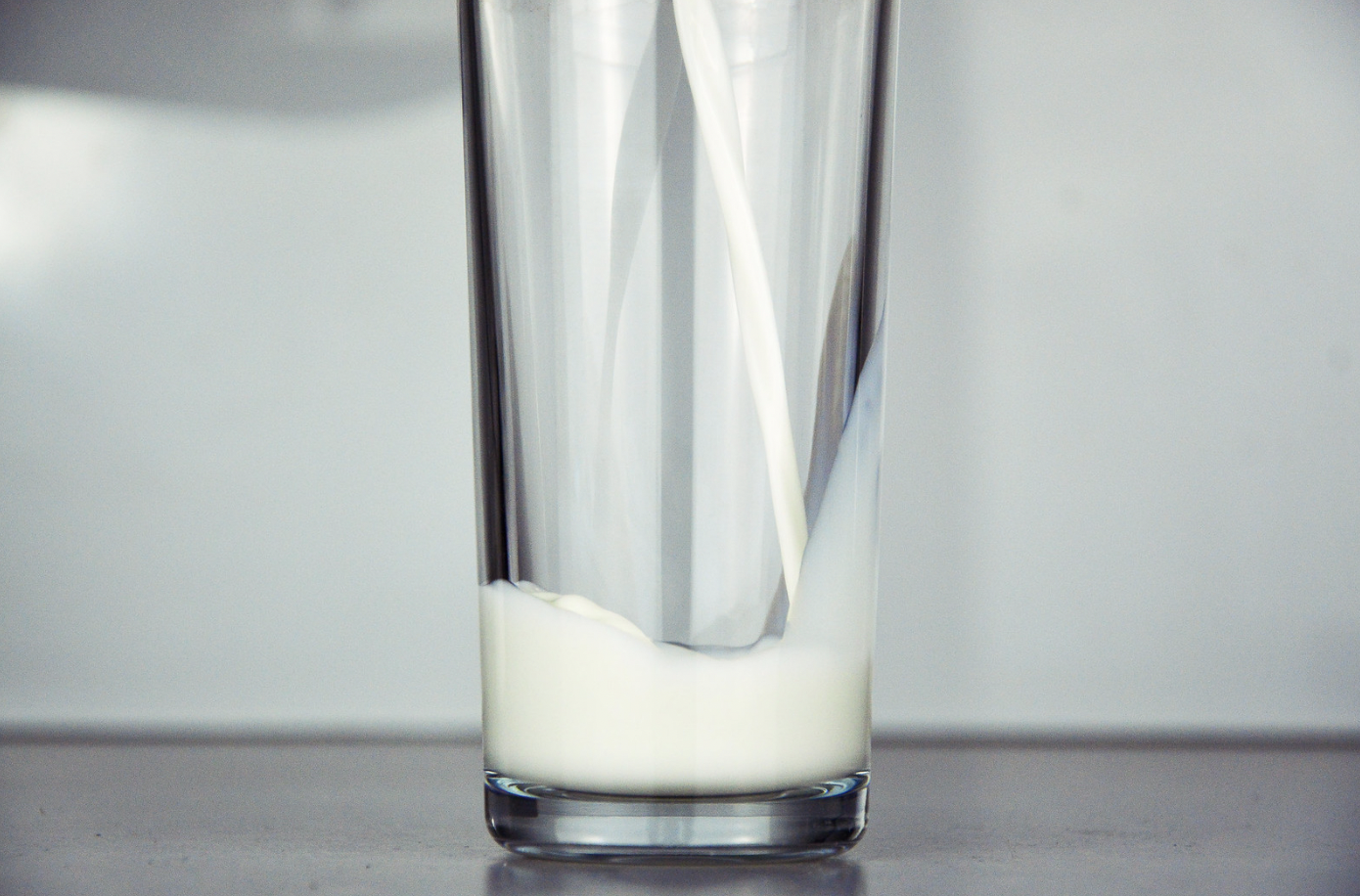Milk
Cow's milk is a widely consumed and versatile food that has been a staple of many cultures for centuries. It is a rich source of nutrients, including protein, calcium, vitamin D, and other minerals and vitamins. Cow's milk is commonly used in cooking and baking, and is also consumed as a beverage in many parts of the world.
The history of cow's milk as a food source dates back to ancient times, with evidence of its consumption by early civilizations in Europe, Africa, and Asia. In many cultures, cow's milk is considered a dietary staple and is used in a variety of traditional dishes.
In the United States, cow's milk is a popular choice for children and adults alike, and is often consumed with cereal or as a beverage. However, some individuals may be allergic or intolerant to cow's milk, and may choose to consume plant-based milk alternatives instead.
Highlights
- Milk is an excellent source of Phosphorus
- Milk is an excellent source of Iodine
- Milk is an excellent source of Vitamin B-12
- Milk is a good source of several nutrients, including Calcium, and Riboflavin
 eat a plum
eat a plum